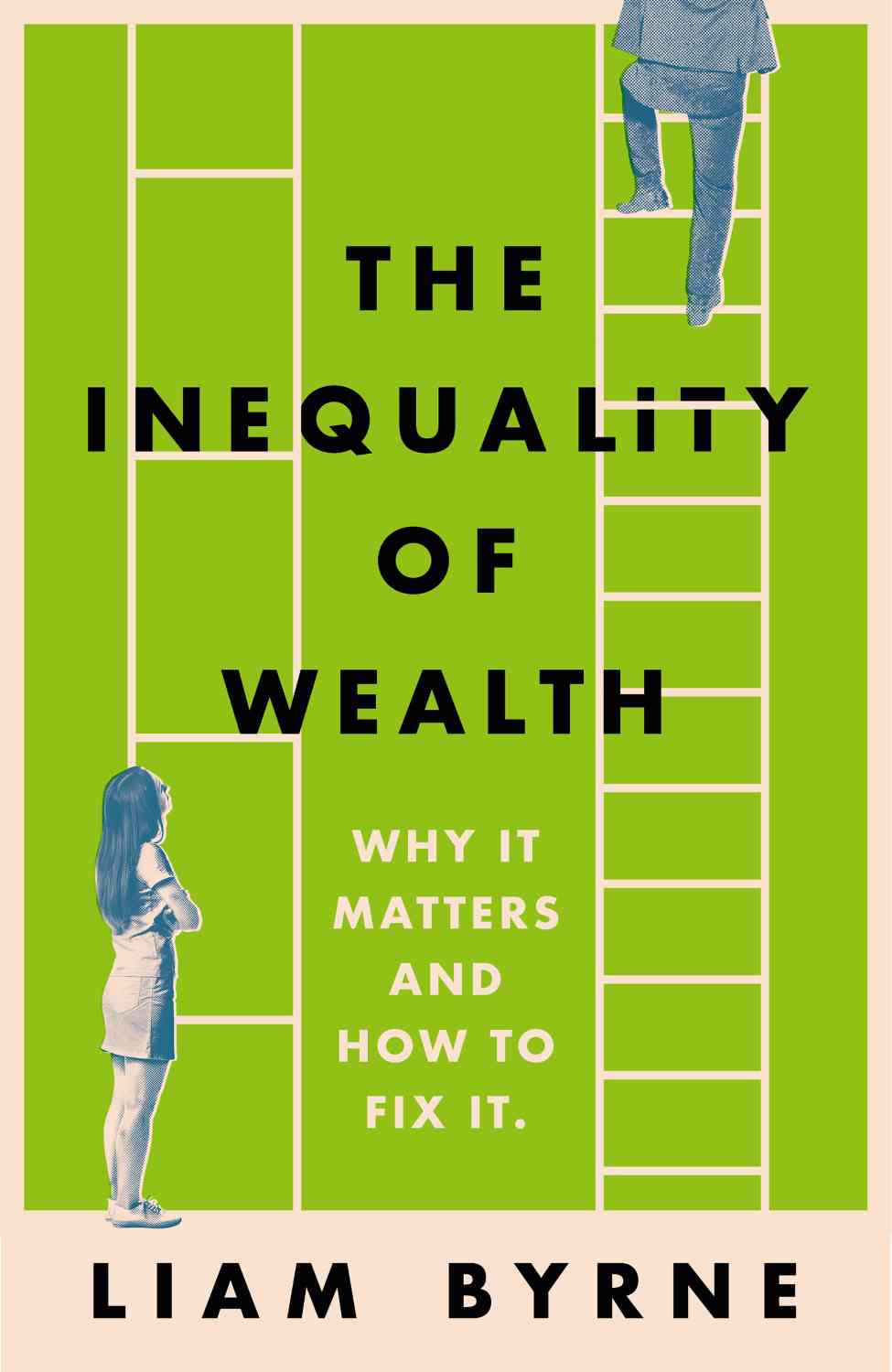Baroness Bennett reviews Liam Byrne's 'The Inequality of Wealth'
Image by: jory mundy / Alamy Stock Photo
4 min read
Often rich in detail with lots of useful data, Liam Byrne’s book is however too narrow in its perspective, failing to grasp how fundamental the environment is to its subject matter
When the Green European Journal decided to review my Change Everything: How We Can Rethink, Repair and Rebuild Society, it was paired with Bernie Sanders’ It’s OK to Be Angry About Capitalism. And yes, I was flattered, but I also thought it was an effective approach, with the reviewer concluding that the clear picture that emerged was that Sanders wanted a “moral capitalism”, while I was proposing “abandoning GDP as a success metric and prioritising economic models that focus on sustainability, environmental limits, and fair distribution”.
The House, in asking for a cross-paired review with Liam Byrne’s The Inequality of Wealth: Why It Matters and How to Fix It was likely thinking along similar lines, albeit that the former UK Treasury minister is clearly to the economic right of the American democratic socialist.
I have to say there is a great deal, particularly in the early chapters of The Inequality of Wealth, on the pervasiveness of corruption within our financial sector that entirely reflects what I have said in debates on two financial services and economic crime bills. Byrne does present the financial presence of oligarchs, crime bosses and corrupt foreign politicians as an unexpected accident, however, rather than the result of open invitations from successive governments, including the one in which he was a minister.
It was encouraging to see Byrne comes out in favour of a wealth tax
Coming to the obvious conclusion about the massive damage done by excessive accumulation by the few, it was encouraging to see Byrne come out in favour of a standout Green Party policy from the last election, a wealth tax, having documented at length the obscene levels of consumption of the super-rich, from super yachts to giant homes to customised Rolls Royces, with voluminous statistics. (This is a richly detailed book in this area, with lots of useful data on inequality – a handy reference for political speeches.)
Byrne seems to have been on a political journey in a modestly progressive direction, and I was surprised to discover that his previous book, Dragons: Ten Entrepreneurs Who Built Britain, published less than a decade ago, included an adulatory chapter on Cecil Rhodes. But it seems you can’t take the Harvard Business School out of the MP: for all Byrne’s rejection of what he calls “market supremacism”, which I’d call neoliberalism, the book’s narrow perspective still dominates, whether in enthusiasm for enterprise zones or “better jobs” rather than acknowledging we need every job to be a good one, secure, well-paid and respected.
 And while the index manages to find six references to “climate emergency”, all but one are mere throwaway lines, the exception being a short discussion of investment codes. That we are in the red zone for six of nine planetary boundaries (the processes maintaining a stable and resilient Earth), on the Stockholm Resilience Centre’s 2023 count, is clearly not something that Byrne considers fundamental or even particularly important, not grasping that the economy is a complete subset of the environment.
And while the index manages to find six references to “climate emergency”, all but one are mere throwaway lines, the exception being a short discussion of investment codes. That we are in the red zone for six of nine planetary boundaries (the processes maintaining a stable and resilient Earth), on the Stockholm Resilience Centre’s 2023 count, is clearly not something that Byrne considers fundamental or even particularly important, not grasping that the economy is a complete subset of the environment.
The dedication is to his constituents – “the people of Hodge Hill, who taught me everything” – but their voices do not appear. That’s another difference from Change Everything, which features many voices from audiences who’ve shared their stories with me since 2012. Democracy needs to be at the centre of all our actions, I posit. People must be encouraged to make politics what they do, not have done to them – and be heard.
Baroness Bennett is a Green peer
The Inequality of Wealth: Why it Matters and How to Fix it
By: Liam Byrne
Publisher: Apollo
